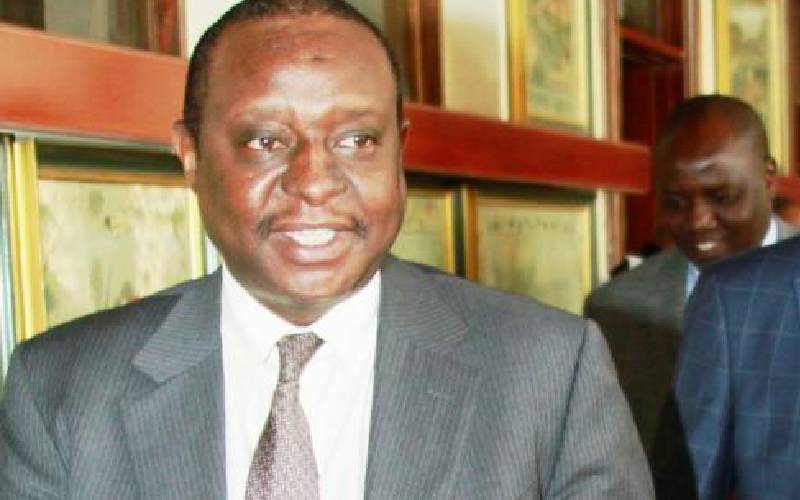×
The Standard e-Paper
Kenya’s Boldest Voice

Jubilee Party and ODM are owed Sh10 billion by the State but Treasury wants the law amended, arguing the country cannot afford to splash such huge amounts on parties given other pressing needs.